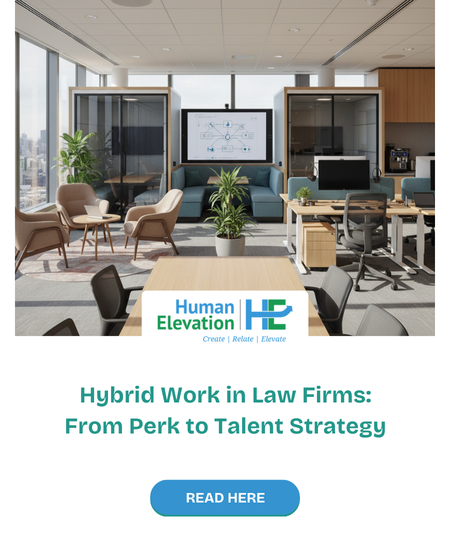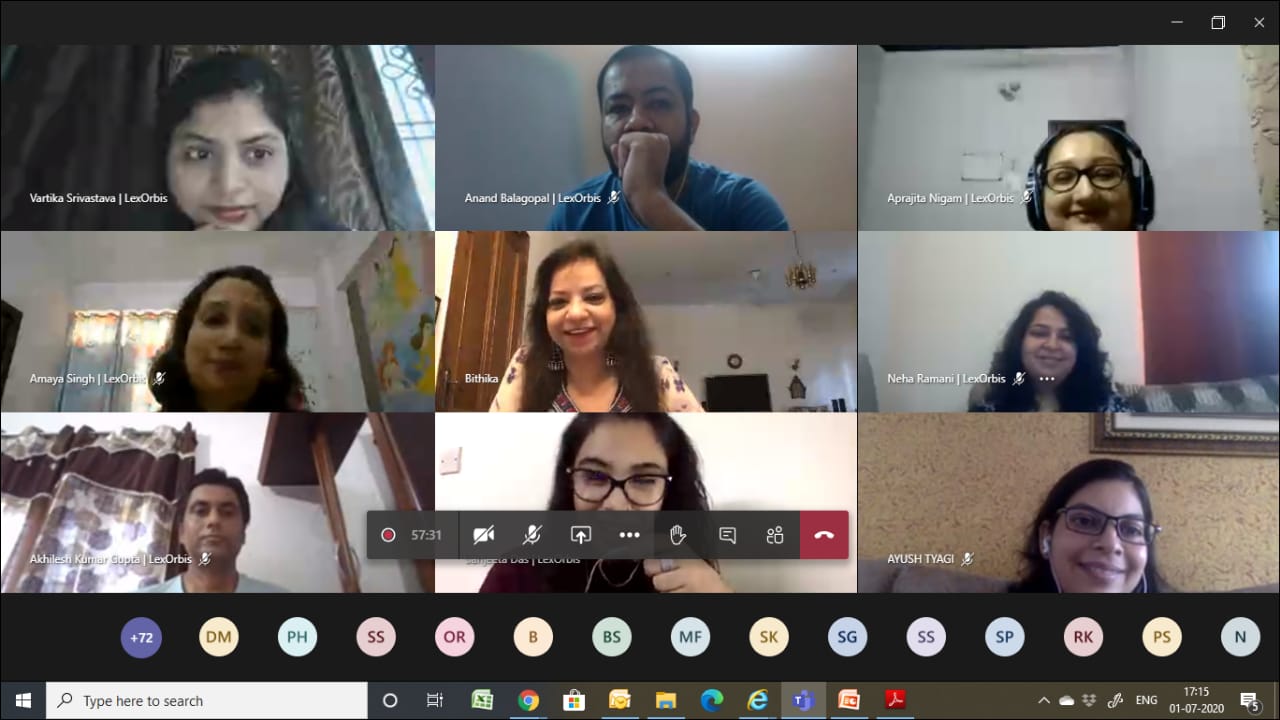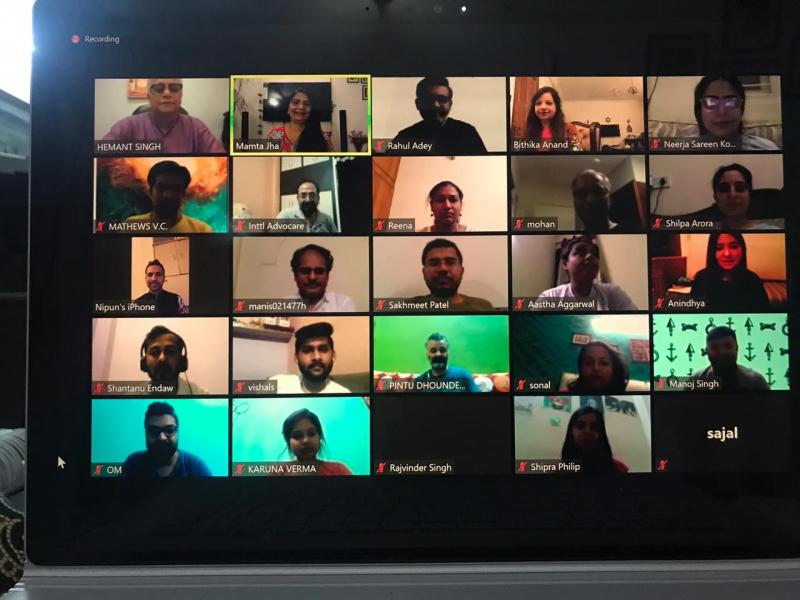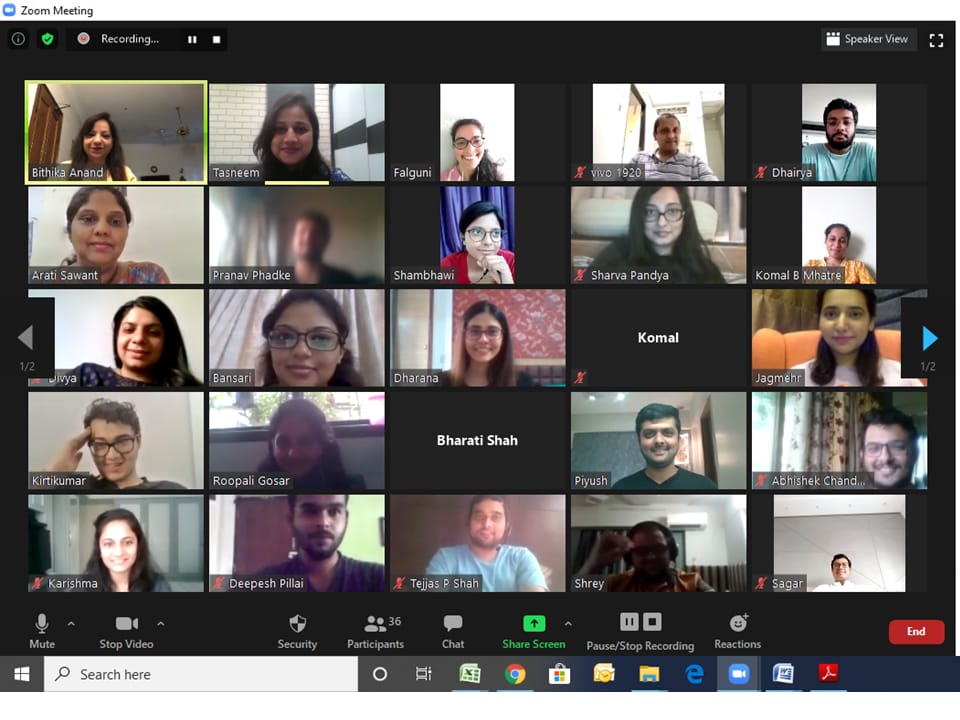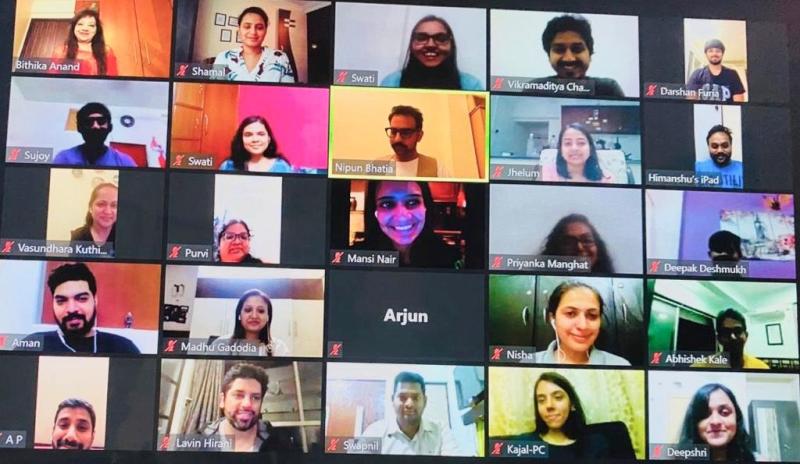For years, law firms in India were known for their long hours, rigid structures, and physical presence. But times are changing. Hybrid work is no longer just an optional perk—it has become a core part of how law firms attract, retain, and grow talent.
The shift is being driven by a new generation of lawyers. Millennials and Gen Z entering the profession are vocal about what they want: flexibility, autonomy, and growth opportunities. They are not drawn to firms that cling to outdated models. Instead, they actively seek out workplaces that respect balance without compromising ambition.Why Hybrid Matters More Than Ever
Here’s the thing—law is still a demanding profession. Clients expect speed, precision, and availability. But expecting lawyers to deliver this while sitting in the office for 12 hours a day is neither sustainable nor strategic.
Hybrid models solve this tension. They give lawyers the space to work where they are most productive while still ensuring collaboration and mentorship. For firms, the benefits go beyond productivity. Embracing hybrid work signals trust, builds loyalty, and positions the firm as a progressive employer.
When young lawyers evaluate firms today, they weigh flexibility almost as heavily as compensation. A rigid policy could mean losing out on top candidates before the first interview even begins.
Recruitment is Shifting
This is where recruitment strategy comes in. The market is competitive. Every firm wants the same pool of bright graduates and experienced associates. If a firm doesn’t offer what candidates value most, they risk being left behind.
Legal recruitment agencies play a big role in this shift. As connectors between law firms and talent, they are increasingly advising firms to rethink not just who they hire but howthey structure work. Some of the top legal recruitment agencies in India report that candidates now open conversations with one big question:What’s your hybrid work policy?
That one question has become a filter. Firms with outdated or unclear policies don’t even make it to the next round of consideration.
Building Hybrid into Talent Strategy
It’s not enough to simply declare “we are hybrid.” Successful firms are intentional. They design policies that balance flexibility with structure. Some key elements include:
- Clear guidelines: How many days are expected in office? Is there flexibility around court appearances, client meetings, or personal circumstances?
- Technology support: Secure systems that make remote work seamless, from client confidentiality to team collaboration.
- Mentorship access: Hybrid doesn’t mean junior lawyers should feel left out. Firms must create touchpoints—both virtual and in person—for learning and growth.
- Trust-based culture: Flexibility works only when firms trust their people. Over-monitoring kills the very benefits hybrid is meant to bring.
When hybrid is designed thoughtfully, it becomes a selling point in recruitment pitches. Candidates see it as proof that the firm understands modern work.
Human Elevation’s Perspective
At Human Elevation, we’ve seen first-hand how law firms transform when they align with talent expectations. Recruitment isn’t just about filling roles anymore—it’s about building long-term partnerships. Firms that adapt to hybrid work don’t just attract better talent; they also retain them longer.
Our work with law firms shows a clear pattern. The ones willing to rethink old models are the ones pulling ahead in the war for talent. Meanwhile, those resisting change face high turnover, low morale, and difficulty attracting skilled lawyers.
The message is simple: hybrid isn’t about reducing standards or lowering commitment. It’s about creating an environment where lawyers can deliver their best without burning out. And in a profession where client trust and performance are everything, that’s not a perk—it’s a necessity.
The Way Forward
India’s legal sector is at an inflection point. With more firms adopting global practices, competition is fierce, and reputation as an employer matters just as much as reputation in court. Candidates have choices. If one firm refuses to adapt, another will happily step in.
For law firms, the question is no longer “should we allow hybrid work?” but “how do we make hybrid work a cornerstone of our talent strategy?”
And for legal recruitment agencies, the task is clear—guide firms through this transition, help them design attractive policies, and connect them with candidates who value both flexibility and growth.
Final Thought
Hybrid work is here to stay. The firms that recognize it as a talent strategy, not just a perk, will win the loyalty of India’s brightest young lawyers. Those that ignore it will struggle to attract and retain the people who can shape their future.
At Human Elevation, we work with law firms to bridge this gap—aligning expectations, designing smart recruitment strategies, and ensuring that both firms and lawyers thrive in this new world of work.

